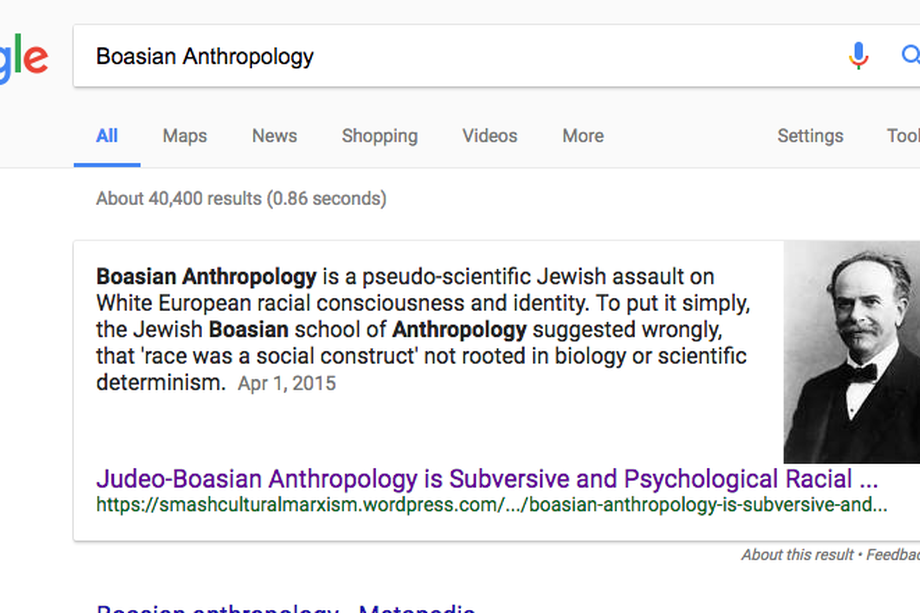Ruth Gomberg-Muñoz is an assistant professor of anthropology at Loyola University Chicago. Her 2011 book, Labor and Legality, explores the work and social lives of undocumented busboys in Chicago. Since 2011, Gomberg-Muñoz has been conducting ethnographic research with mixed status couples as they go through the process of legalization; a book manuscript based on that research is in the works.
Ryan Anderson: For decades many of the debates about immigration in the US focus on legality. Politicians and pundits often speak in terms of following — and breaking — the law. But in your work you talk about the “illegalization” of migrant workers. What do you mean by this?
Ruth Gomberg-Muñoz: Migration is only “illegal” when laws prevent mobility. Historically, U.S. immigration policies have encouraged migration of workers deemed essential to the U.S. economy, a long-standing practice of labor importation punctuated by deportation and restrictionist campaigns in times of economic downturn. For example, Mexican migrant workers were imported to the United States by the millions in the mid-20th century to help fill labor shortages brought about by World War II and an expanding U.S. economy. Laws were created, negotiated, and adjusted to allow U.S. employers access to these workers; a contract worker program was instituted, and Mexicans and other Latin Americans were exempted from the quotas that limited immigration from elsewhere in the world at the time.
In the 1960s, the laws changed. An explicitly race-based U.S. immigration system was altered to prioritize family reunification, and Mexican workers became subject to numerical restriction for the first time ever. Over the next four decades, widespread demand for Mexican migrant labor persisted, while free trade policies undermined the ability of millions of Mexican farmers and workers to make a living in Mexico. Not surprisingly, numerical restrictions did not ultimately curb the migration of Mexicans to the U.S., but they did make it far more difficult for Mexicans and other Latin Americans to migrate legally. In this context, barriers to lawful immigration have produced unauthorized migration by “illegalizing” long-standing patterns of migration at a time when workers needed them most. Continue reading →


